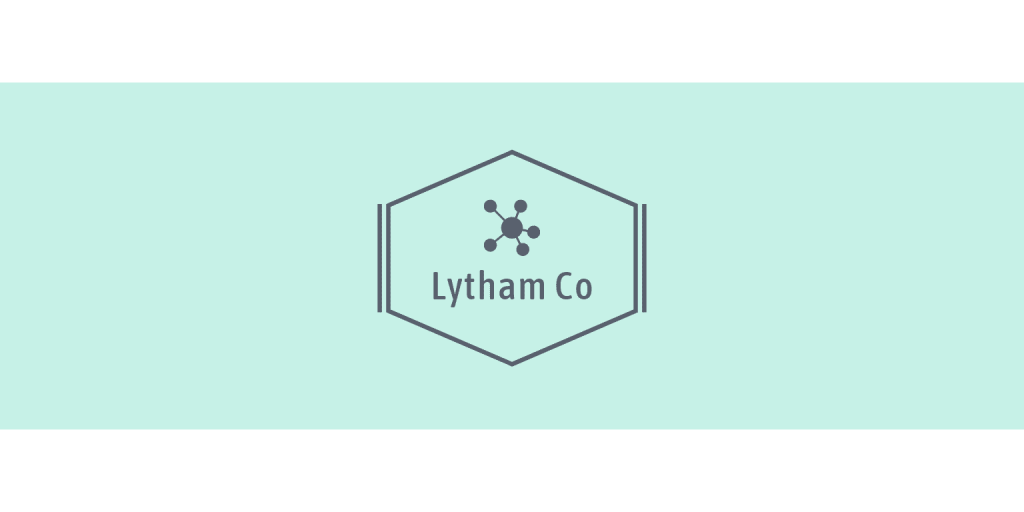The dentist is the person whose job is to keep your teeth and gums healthy. The dental profession is one of the health care occupations with the highest demand, and the demand is likely to continue as the public realizes that oral health can impact overall health. There are many benefits to having good dental health, and a dentist is the person best qualified to diagnose and treat problems with your teeth and mouth.
Dentists work with other members of the dental team, such as dental assistants and dental hygienists. They also work closely with lab technicians to ensure that you get the best care possible. As the leader of the dental team, a dentist must be able to oversee these other professionals and work well as part of a team. In addition, dentists must be able to communicate with patients in order to explain procedures and answer questions. In addition, dentists must be observant in order to spot problems such as gum disease or signs of oral cancer.
During a dental exam, a dentist will examine the condition of your mouth, including the teeth Find a dentist, gums, tongue and jaw. They may also take X-rays to help them identify any issues. X-rays are important because they allow them to see the structure of your teeth, the position of developing teeth and to catch any other issues that might be hard to detect with just a visual examination.
In addition to diagnosing and treating dental problems, dentists also give patients advice on preventative care and ways to avoid future dental problems. This includes providing instruction on proper brushing and flossing techniques. Dentists also teach patients how to maintain good nutrition and lifestyle choices that can help them keep their teeth healthy for a lifetime.
There are three monospecialties within dentistry: Endodontics, Periodontics and Prosthodontics. Endodontics focuses on the diagnosis, management and prevention of diseases that affect the nerve tissue found inside of a tooth. Periodontics specializes in the treatment of gum disease, and prosthodontics focuses on the restoration of missing or damaged teeth.
If you are interested in becoming a dentist, it is a good idea to start working or volunteering in a health care environment early on. This will expose you to the delivery of health care and help you make better decisions about your undergraduate major and course selection. Join a pre-dental or pre-health professions club at your college, and be sure to talk with practicing dentists and, if possible, shadow them. This will also provide an opportunity to meet upper-class pre-dental students, who can offer insight into the dental school application process and what it is like to be a dentist after graduation.
